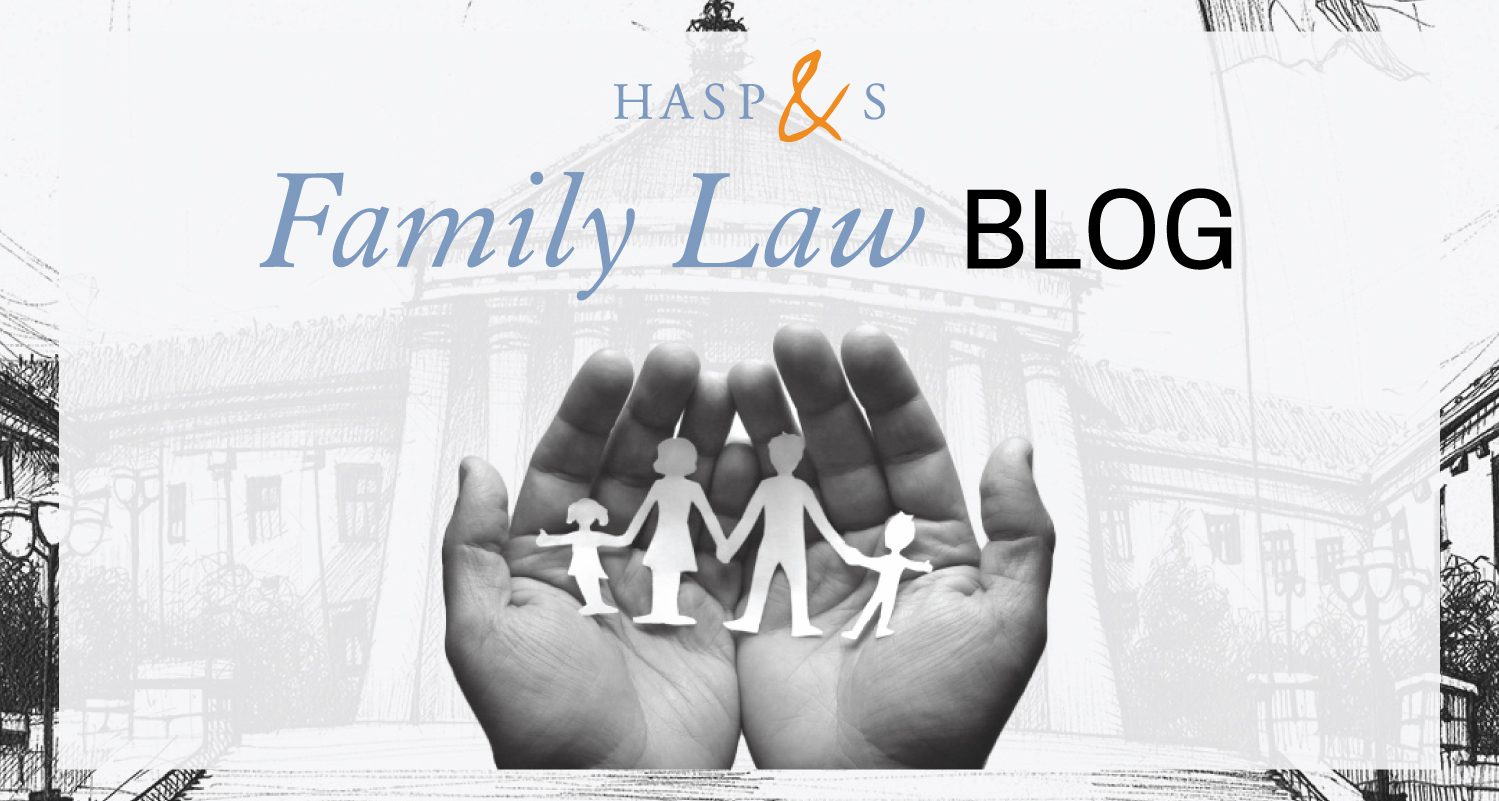
After the legalization of same-sex marriage in 2015, custody disputes among same-sex parents have come to the forefront in family law and have created a number of questions in the court around what makes someone a parent. Because Pennsylvania has been in the forefront of recognizing the parental rights of one who functions as a parent, it is unsurprising that one of these cases has made its way into our office.
Helen Casale and I recently filed an amicus brief in the Pennsylvania Supreme Court on behalf of the American Academy of Matrimonial Lawyers (AAML) Pennsylvania Chapter, contending that the non-biological mother of a child born to a same-sex couple has “in loco parentis” standing to seek some form of custody of the child.
The case, C.G. v. J.H., No. 2 MAP 2018, involved former same-sex partners who had a commitment ceremony and lived together with their child as a family for nearly six years, but who separated before same-sex marriage was recognized by the Supreme Court as a fundamental right. After the relationship ended, the non-biological mother, C.G., sought some form of custody of the child. Both the trial court and the Superior Court, however, concluded that C.G. could not petition for custody because she lacked standing as a parent or as one who stood in loco parentis to the child, effectively closing the courthouse doors to her.
In loco parentis recognizes that a person may “put himself in the situation of a lawful parent by assuming the obligations incident to the parental relationship without going through the formality of a legal adoption. This status, (known as ‘in loco parentis’) embodies two ideas; first, the assumption of a parental status, and second, the discharge of parental duties.” Spells v. Spells, 378 A.2d 879, 881-82 (Pa. Super. Ct. 1977) (quoting Commonwealth ex rel. Morgan v. Smith, 241 A.2d 531, 533 (Pa. 1968)). For more than 20 years, Pennsylvania courts have recognized that the same-sex partner of the biological mother of a child born during their relationship has in loco parentis standing to seek custody. See T.B. v. L.R.M., 786 A.2d 913 (Pa. 2001); J.A.L. v. E.P.H., 682 A.2d 1314 (Pa. Super. Ct. 1996). In loco parentis standing is even included in Pennsylvania’s Child Custody Act. In the brief, we contend that this protection for in loco parentis standing recognizes that custody must be in the best interests of the child, that offering additional avenues of familial support for Pennsylvania children should be encouraged, and that Pennsylvania has numerous non-traditional families in which someone other than biological parents are parenting children, including grandparents, extended family, and even close family friends. Pennsylvania law, therefore, embraces the reality that a child’s attachment to someone whose care, love, and devotion to him or her is equivalent to that of a biological parent is deserving of protection.
In denying in loco parentis standing to the non-biological mother, the Superior Court departed from numerous judicial decisions and the Legislature’s intent in adding in loco parentis standing to the Child Custody Act in 2010. Of course, granting standing to the non-biological mother would entitle her only to a custody hearing. She would still need to demonstrate that granting her some form of custody would be in the child’s best interest, but according to the law, she at least deserves that chance.
By Guest Blogger Adam Schupack



